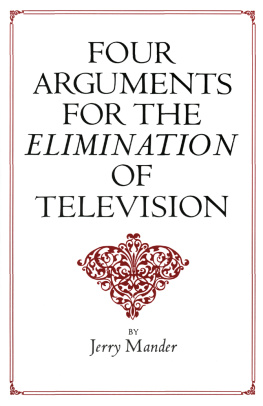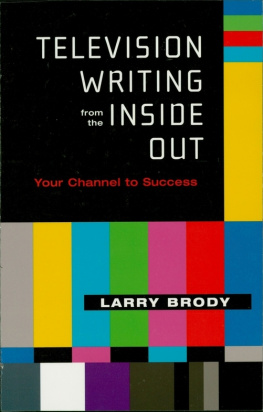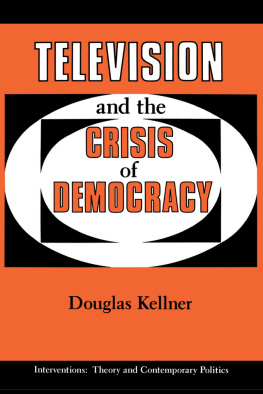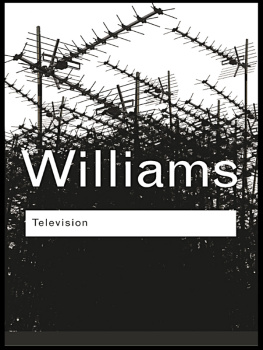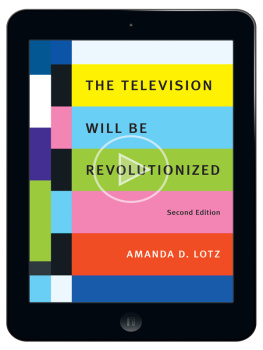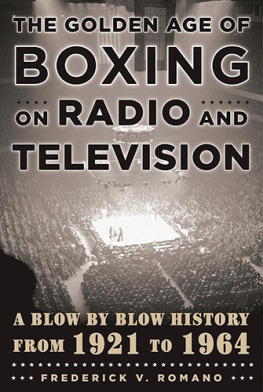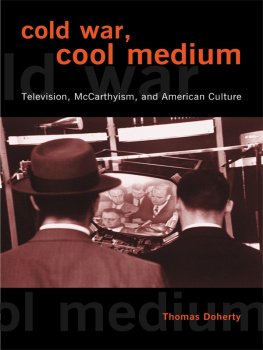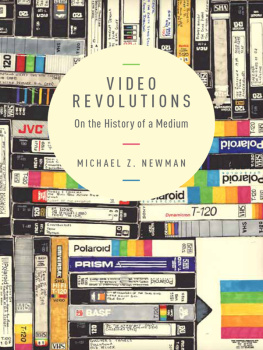
THIS BOOK IS DEDICATED
TO MY PARENTS,
EVA MANDER
AND
HARRY MANDER
CONTENTS
I
THE BELLY OF THE BEAST
I F this book has any basis in authority, it lies in the fifteen years I worked as a public relations and advertising executive. During that time, I learned that it is possible to speak through media directly into peoples heads and then, like some otherworldly magician, leave images inside that can cause people to do what they might otherwise never have thought to do.
At first I was amused by this power, then dazzled by it and fascinated with the minutiae of how it worked. Later, I tried to use mass media for what seemed worthwhile purposes, only to find it resistant and limited. I came to the conclusion that like other modern technologies which now surround our lives, advertising, television and most mass media predetermine their own ultimate use and effect. In the end, I became horrified by them, as I observed the aberrations which they inevitably create in the world.
Adman Manque
In retrospect, I can see that an absurd little revolt against my family led me into advertising work. My parents wanted me to choose a profession or to take over my fathers business. They felt that while advertising was already a lucrative field by the time I was seeking a way into it in the late 1950s, it was still very chancy for Jewish boys. They were certainly right about that. Directly out of the Wharton School of Business and then Columbia Graduate Business School, I was denied a job in a Park Avenue ad agency because your hair is a little kinky; you might want to try Seventh Avenue. Seventh Avenue was what I was fleeing.
My parents carried the immigrants fears. Security was their primary value; all else was secondary. Both of them had escaped pogroms in Eastern Europe. My fathers career had followed the path familiar to so many New York immigrants. Lower East Side. Scant schooling. Street hustling. Hard work at anything to keep life together. Early marriage. Struggling out of poverty.
Curiously, success came to him during the Depression. He founded what later became Harry Mander and Company, a small service business to the garment industry, manufacturing pipings, waist bands, pocketing and collar canvas.
One of the reasons for my fathers success during hard times was World War II. He was beyond draft age and so was free to do a successful trade in servicing the manufacture of military uniforms. After the war, the business grew in new directions as the economy spurted forward into an era of rapid growth. Nonetheless, I decided his business wasnt for me.
I had planned something much flashier for myself, something with greater glamour. It was snobbery, I suppose. By then, when I thought about my careeralways a hot topic around our housecertain images would fly through my mind. Since so many of the images were from the ads of the period, the world of advertising seemed appropriate. There was something about that life-style, those big cars, the great white yachts, the polished people on them and the life of leisure and pleasure: The Dream.
It wasnt so much that I was especially interested in wealth or that I ached to have all the goodies that were being shown in the ads of the 1940s and 1950s. I didnt want to own the cars and yachts so much as I wanted to be like the people who did. More, I wanted to help create those images, to be around models, artists, photographers and writers whom I imagined to be the sleek and sophisticated people.
Despite some early setbacks, such as that Park Avenue experience, by 1966 much of my dream was realized. By then I had already concluded a successful career as head of a theatrical publicity agency and joined a celebrated San Francisco ad agency, which became Freeman, Mander and Gossage.
We concentrated on so-called class clients. Triumph, Land Rover and Rover cars. Eagle shirts. Paul Masson wines. KLH audio equipment. Scientific American. Advent Corporation. Alvin Duskin dresses. Random House publishing.
Ours was the most elegant office in town. I was commuting coast to coast weekly, taking five-day vacations in Tahiti, eating only in French restaurants, jetting to Europe for a few days skiing.
At some point, not very long into this new career, I began to realize a kind of hollowness in myself. I caught myself smiling pasty smiles. I noticed that despite all this I was not having a good time.
I think I hit an emotional bottom in 1968 while cruising through the Dalmatian Straits, observing rocky cliffs, rolling seas, dazzling sky, and colors as bright as a desert.
Leaning on the deck rail, it struck me that there was a film between me and all of that. I could see the spectacular views. I knew they were spectacular. But the experience stopped at my eyes. I couldnt let it inside me. I felt nothing. Something had gone wrong with me. I remembered childhood moments when the mere sight of the sky or grass or trees would send waves of physical pleasure through me. Yet now on this deck, I felt dead. I had the impulse to repeat a phrase that was popular among friends of mine, Nature is boring. What was terrifying even then was that I knew the problem was me, not nature. It wasnt that nature was boring. It was that nature had become irrelevant to me, absent from my life. Through mere lack of exposure and practice, Id lost the ability to feel it, tune into it, or care about it. Life moved too fast for that now.
If one seeks critical moments to explain later acts, even the writing of books, then perhaps that was one such moment for me. It was clear that I had chosen a fraudulent path toward an equally fraudulent image of a very cold sort of happiness. On balance, though, this Big Moment was probably less significant than a slowly evolving political awareness that it was no accident that I was feeling the way I was.
Engulfed by the Sixties
One of my partners in the ad agency was Howard Gossage, a genius of sorts who for years before he died in 1969 agonized about the absurdity of working in such a profession. Id hate to go to my grave and be remembered as the man who invented Beethoven sweatshirts or competitions for paper airplanes.
He loved to tell the story of the retired adman who once said to him: I got out of this business when I woke up one day and didnt give a damn whether they sold more Quaker Oats than I sold Cream of Wheat.
Gossage knew that there was more to the problem of advertising work than the way it emphasizes trivia. He would rage about the function itself, speaking of it as an invasion of privacy on an order far more extreme than the merely rude telephone solicitation, the door-to-door salesperson or even the computer file on your credit. It was an invasion of the mind, which altered behavior, altered people.
Advertising expresses a power relationship, Gossage said. One person, the advertiser, invades; millions absorb. And to what end? So that people will buy something! A deep, profound and disturbing act by the few against the many for a trivial purpose.
Still thrilled by the life I was living, such considerations did not at first seem all that significant. But the period was the 1960s.
While I was showing clients through my paneled offices, a lot of people only slightly younger than I were lying about on the floors of San Francisco auto showrooms, restaurants and hotels, demanding that these places hire blacks. Across the Bay in Berkeley, students were stopping classes to insist upon participation in university policies. Thousands of others were standing in front of trains carrying war materials for Vietnam or blocking entryways to draft induction centers.
Next page
